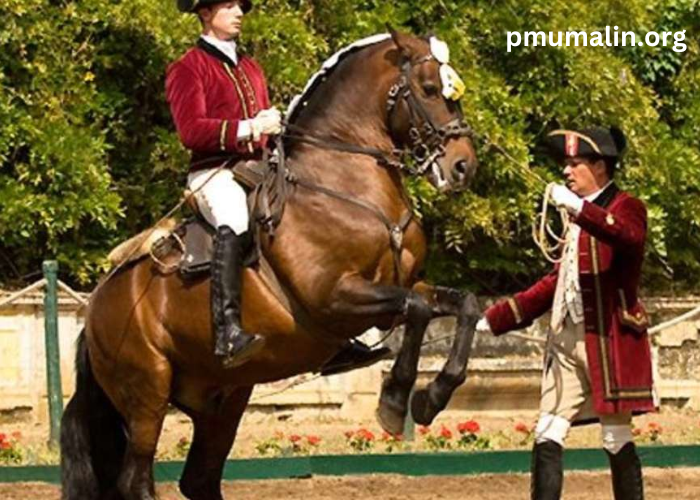Horses have captivated human imagination for millennia, embodying strength, beauty, and a spirit of freedom. From their early domestication to their roles in warfare, agriculture, and recreation, horses have significantly shaped human history and culture. This article delves into the rich history and enduring legacy of these majestic creatures, highlighting their profound impact on society. Discover the finest quality turf products at AbdellatifTurf. Your one-stop shop for premium turf solutions.
Early Domestication and Evolution
The domestication of horses is a pivotal moment in human history, believed to have occurred around 4000 BCE on the steppes of Central Asia. Early humans recognized the potential of horses for transportation, work, and companionship. The domestication process transformed horses from wild animals into indispensable partners for humans, leading to advancements in agriculture, trade, and warfare.
The horse, scientifically known as Equus ferus caballus, evolved over millions of years. Its ancestors, small multi-toed creatures, gradually developed into the large, single-toed animals we know today. This evolution equipped horses with the speed and endurance necessary for survival on open grasslands, traits that humans later harnessed for their own purposes.
Horses in Warfare and Conquest
Throughout history, horses have played crucial roles in warfare and conquest. The speed, power, and agility of horses made them valuable assets on the battlefield. Ancient civilizations such as the Egyptians, Persians, and Greeks utilized chariots drawn by horses, revolutionizing warfare and enabling swift, strategic movements.
Perhaps the most iconic horse-mounted warriors were the knights of medieval Europe. Mounted knights, clad in armor, became symbols of chivalry and bravery. The introduction of the stirrup, a simple yet transformative invention, provided riders with greater stability and control, further enhancing the effectiveness of cavalry units.
In the East, the Mongol Empire’s success can be attributed to the unparalleled horsemanship of its warriors. Genghis Khan’s cavalry could cover vast distances quickly, executing surprise attacks and overwhelming enemies. The Mongols’ mastery of horse-riding and their ability to live off the land while on campaign allowed them to create one of the largest empires in history.
Horses in Agriculture and Transportation
Beyond the battlefield, horses have been essential in agricultural and transportation advancements. Before the advent of machinery, horses were the primary source of power for plowing fields, hauling goods, and transporting people. The development of horse-drawn carriages and wagons revolutionized trade and travel, connecting distant regions and fostering economic growth.
In America, horses played a vital role in westward expansion. The Pony Express, a mail service using relays of horse riders, provided a critical communication link across the vast American frontier. Similarly, cowboys relied on horses for cattle herding and ranching, creating an enduring symbol of the American West.
Cultural Significance and Modern Roles
Horses have left an indelible mark on human culture, symbolizing freedom, nobility, and strength. They have inspired countless works of art, literature, and folklore. From the mythical winged Pegasus to the loyal steeds of legendary heroes, horses occupy a cherished place in human imagination.
In modern times, horses continue to play diverse roles. Equestrian sports, such as dressage, show jumping, and racing, showcase the athleticism and grace of these animals. Therapeutic riding programs utilize horses to provide physical and emotional benefits to individuals with disabilities. Moreover, horses remain beloved companions for many, offering companionship and joy.
Conservation and the Future
While horses no longer occupy the same central role in daily life as they once did, their legacy endures. Efforts to conserve wild horse populations, such as the American mustangs, reflect a recognition of their historical and ecological importance. Conservation organizations work to protect these animals and their habitats, ensuring that future generations can continue to appreciate their majesty.
The bond between humans and horses, forged over thousands of years, remains strong. As we look to the future, it is essential to honor this legacy by promoting responsible horse care, supporting conservation efforts, and celebrating the enduring partnership between humans and these magnificent creatures.
Conclusion
The history and legacy of horses are deeply intertwined with human civilization. From their early domestication to their roles in warfare, agriculture, and culture, horses have significantly shaped our world. Their majesty and versatility continue to inspire awe and admiration, cementing their place as one of humanity’s most cherished companions. As we reflect on this rich history, we are reminded of the enduring bond between humans and horses, a testament to the power of collaboration and mutual respect.
